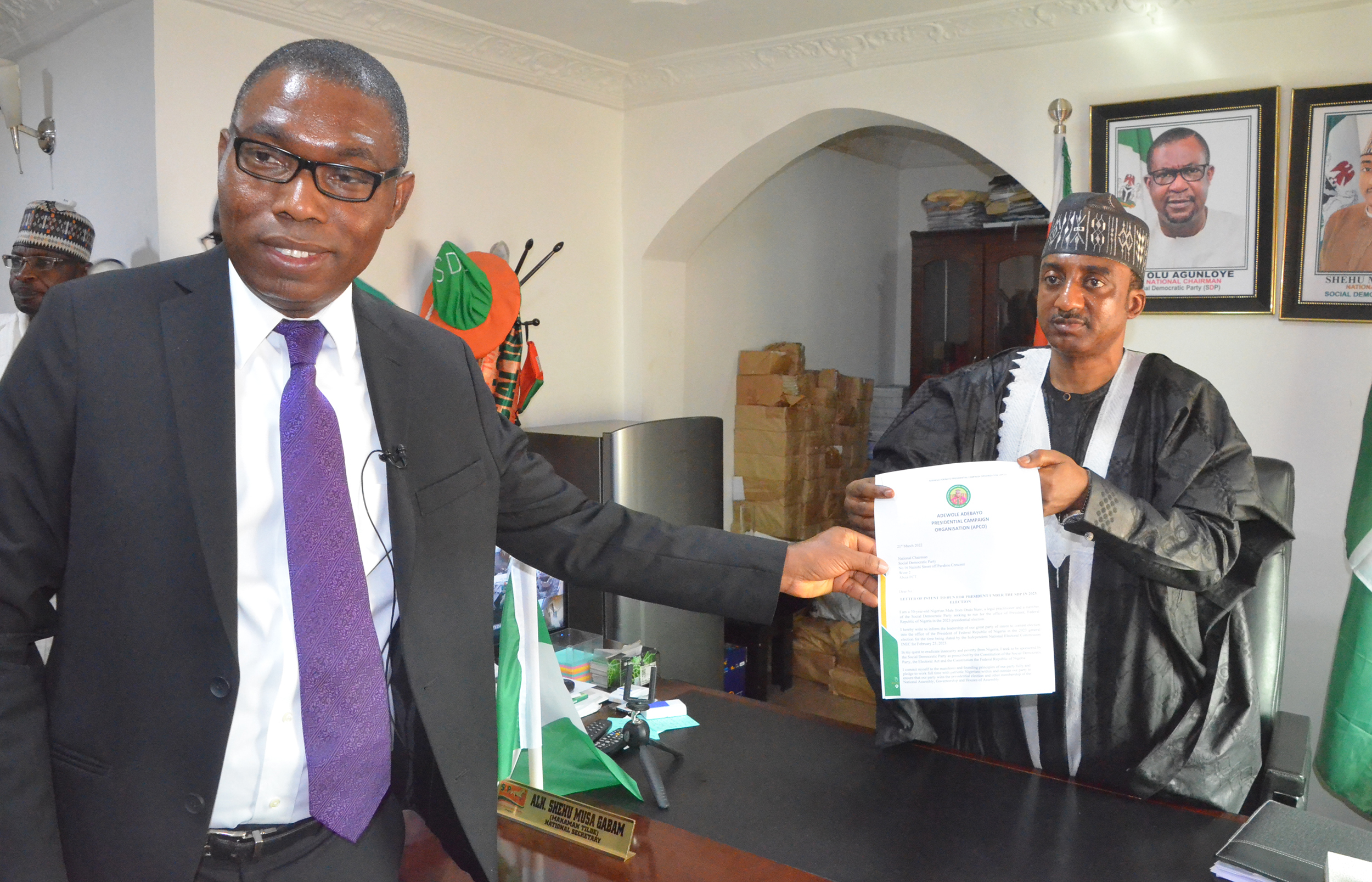Business
Investors Harp On Capital Market Protection Mechanisms Review

As regulators strategise to increase retail investors’ patronage in the capital market, shareholders have stressed the need for a review of existing protection mechanisms for Nigerian investors in line with global principles, and articulate ways to conform to the right standards.
The investors who spoke in seperate interviews with The Tide’s source, said time was ripe for the regulator to review existing investors’ protection mechanisms and institute a model that would ensure that investors were protected in the event of bank collapse.
They expressed the belief that if adequate investors’ protection mechanisms are instituted in the market and followed strictly, it would boost investors’ participation and boostmarket capitalisation.
Also, the retail investors noted that the protection they got from the regulators in the past was not enough, and therefore developed apathy to return to the market.
Specifically, an independent investor, Amaechi Egbo, said the major reasons investors patronise the stock market was for protection of their investment, noting that once investors feel that their investments are in safe hands, they remain in the market and increase their participation.
“There is a need to examine the protections that are currently available to investors in the market against global standards and best practices and confirm the level of compliance and conformity and subsequently articulate on what needs to be done to bring us to the right standards”, Egbo said.
Professor of Economics, Babcock University, Segun Ajibola, on his part, said the capital market had gone through series of crises since the global meltdown of 2007/2008, which has necessitated major reforms and shakeouts in the operations of capital markets in many countries in order to restore investors’ confidence in the market.
“Investors lost their hard earned money during the 2007/2008 crisis due to series of non-standard practices such as insider dealings and manipulations. Some were thrown into a lifetime of penury but without any succour from the regulators and the State. The claim for investors’ protection gained currency from that moment”, he said.
He also suggested that regulators must beef up their regulatory oversight to stem the unethical conduct in the market, noting that there must be a compensation scheme for investors who innocently fall victim to such underhand practices to boost investors’ confidence.
National Coordinator of Proactive Shareholders Association of Nigeria (ISAN), Boniface Okezie, said the crises in the market will never be averted until the regulators have done the needful by instituting the mechanism that aids investors protection.
He said Nigerian investors have been subjected to untold hardship following persistent take over of banks by the CBN. He urged operators and regulators to come
Business
NCDMB, Jake Riley Empower 250 Youths On Vocational Skills

Business
NUJ Partners RSIRS On New Tax Law Education

Transport
Nigeria Rates 7th For Visa Application To France —–Schengen Visa

-

 Politics3 days ago
Politics3 days agoPFN Rejects Call For INEC Chairman’s Removal Over Genocide Comments
-

 Rivers3 days ago
Rivers3 days agoFasthire, PHCCIMA, CIPM Host CareerFest 2026 In PH
-

 Sports3 days ago
Sports3 days agoEnekwechi wins Orlen Cup in season opener
-

 Politics3 days ago
Politics3 days agoHoodlums Disrupt LP-ADC Defection Event In Lagos
-

 Sports3 days ago
Sports3 days agoFalconets, Senegalese Lionesses arrive Ibadan for qualifier
-

 Sports3 days ago
Sports3 days agoSimba open Nwabali talks
-

 Politics3 days ago
Politics3 days agoRemoval From INEC’s Portal, Abure-Led LP Faction Mulls Legal Action
-

 Niger Delta3 days ago
Niger Delta3 days agoTinubu, Jonathan, Diri Pay Last Respect To Ewhrudjakpo

